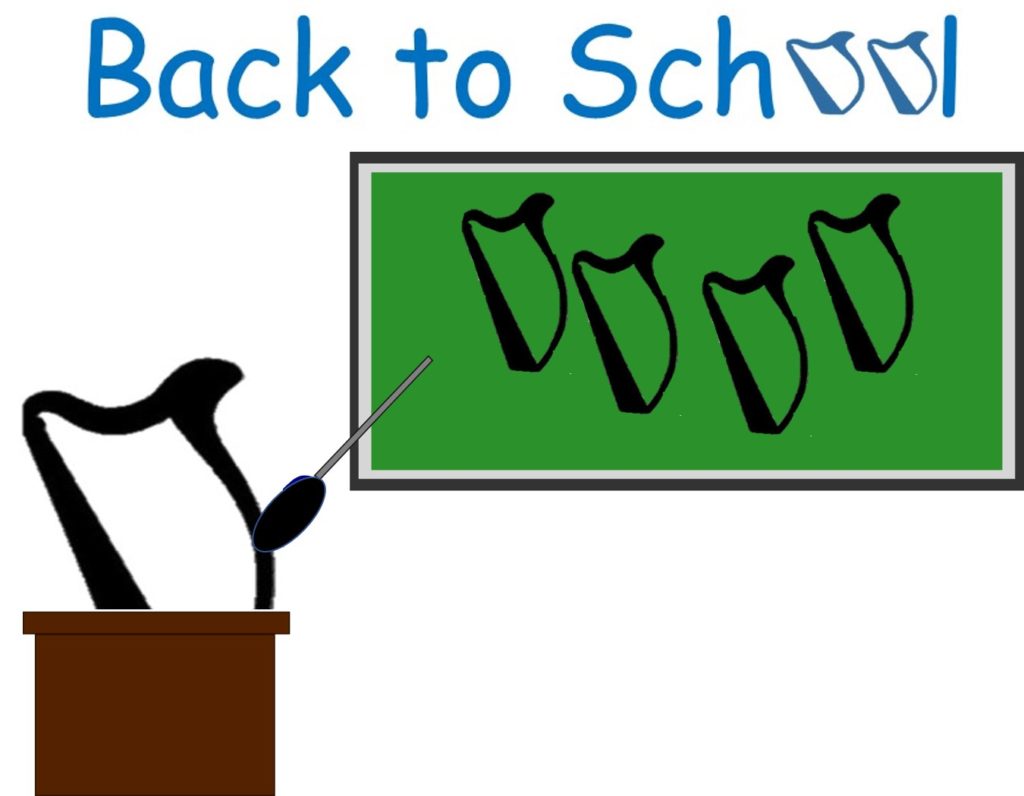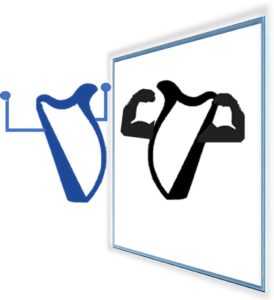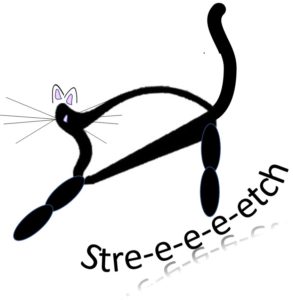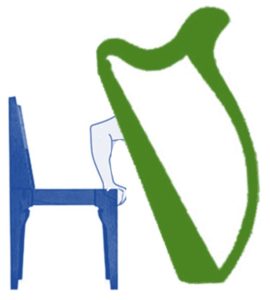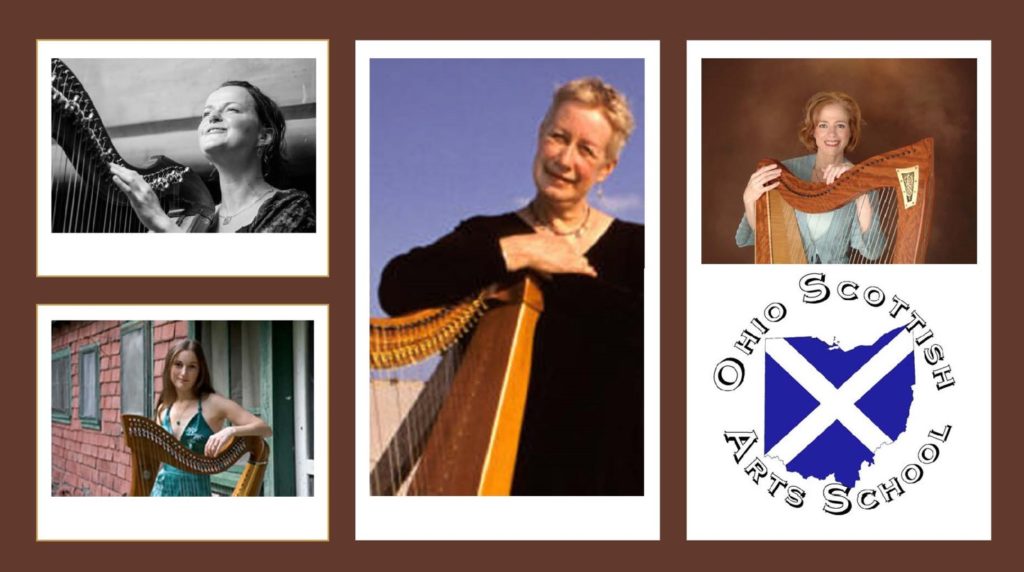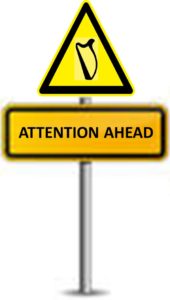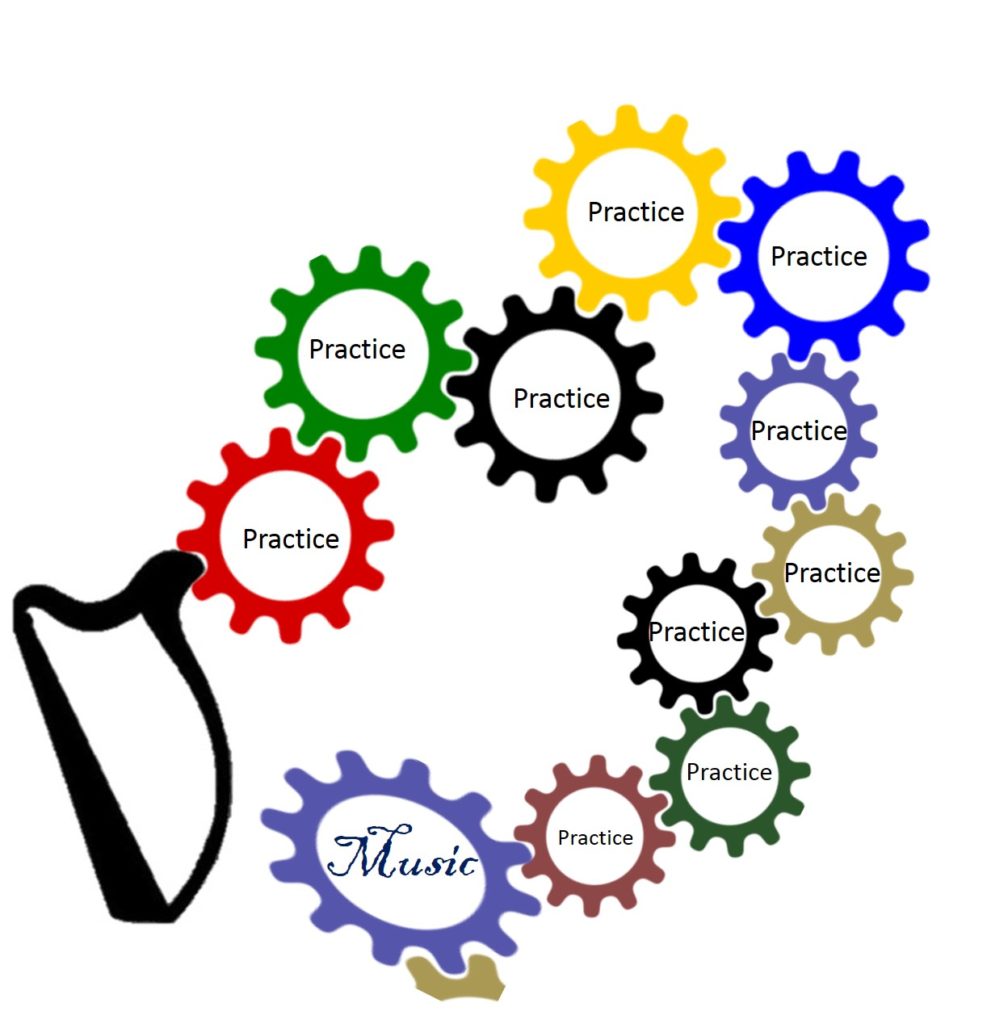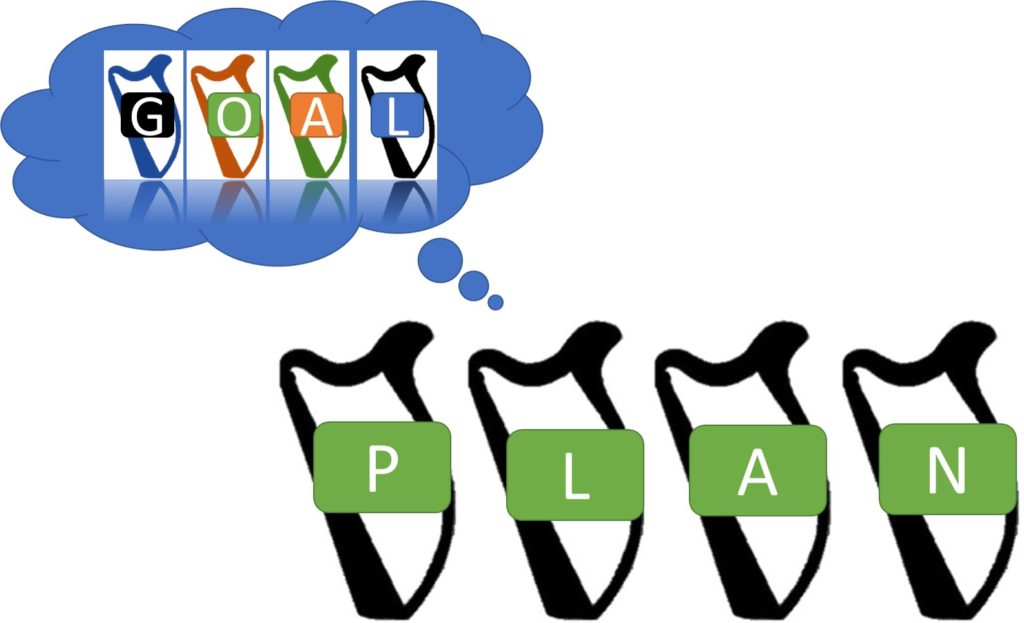I enjoy teaching lessons. I learn so much each time and I get to help someone learn – it’s a win-win! But sometimes it can be challenging. Teaching regular and recurring lessons to the students in my studio is fun and the progress (and pitfalls) are relatively easy to find.
But when I’m teaching one off lessons, figuring out what I can best offer can be difficult. That’s when my fervent hope is that the student will be able to tell me what they’d like to get from me. And few things are more frustrating than the answer, “I don’t know” or “Whatever you want”!
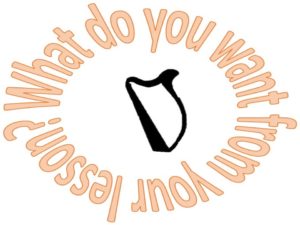 You are paying good money for the lesson, so it’s worth taking a few moments to figure out why you are there! Don’t know where to start? Here are a few ideas:
You are paying good money for the lesson, so it’s worth taking a few moments to figure out why you are there! Don’t know where to start? Here are a few ideas:
- Consult your practice journal – what continuously crops up? Maybe that is something to work on?
- Record yourself – review the recording and find what isn’t working for you (bring the recording if you think it will help).
- Review your competition comments – judges are great at spotting things you could work on.
- Are there things you never learned that you’d like to work on (Harmonics? Arpeggios? Key signatures?)?
- Is there a specific tune you’ve heard me play that you’d like to learn (please don’t ask me to teach you a tune you haven’t heard me play – what if i don’t know it either?)?
Knowing what you want to get from the lesson before you go in will help both you and the teacher get as much as possible from the time you have. Even a vague idea will make your lesson better – and get you farther along your journey.
